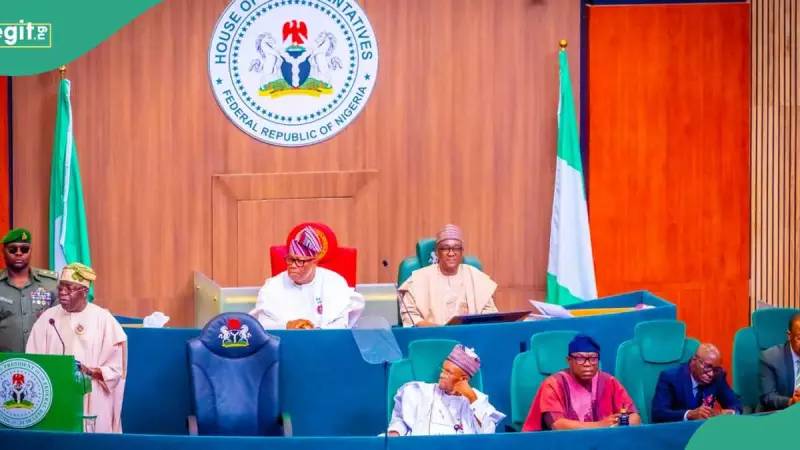
In a significant political development, the Nigerian Senate has given its official stamp of approval to President Bola Tinubu's latest round of key appointments. The confirmation came during Thursday's plenary session, marking another milestone in the administration's governance agenda.
Who Made the Cut? The Complete Breakdown
The upper legislative chamber confirmed five new directors for the Central Bank of Nigeria (CBN) Board, alongside a commissioner nominee for the Federal Character Commission (FCC). This move demonstrates the Senate's cooperation with the executive branch in filling crucial government positions.
Central Bank of Nigeria Appointments
The newly confirmed CBN directors bring diverse expertise to Nigeria's apex bank. Their confirmation comes at a critical time when the country is navigating complex economic challenges and implementing financial reforms.
Federal Character Commission Addition
The Senate also approved a new commissioner for the Federal Character Commission, reinforcing the government's commitment to equitable representation across Nigeria's diverse regions and states.
What This Means for Nigeria's Governance
This confirmation exercise represents more than just routine parliamentary business. It signifies:
- Enhanced institutional capacity at critical financial and regulatory bodies
- Continuity in governance as key positions are filled with qualified professionals
- Strengthened collaboration between the executive and legislative arms of government
- Progress in implementation of the administration's economic agenda
The swift confirmation process indicates a working relationship between the Senate and the Presidency, potentially smoothing the path for future legislative and executive collaborations.
Looking Ahead: Implications for Policy and Governance
With these positions now filled, Nigerians can expect more stabilized leadership at these vital institutions. The new appointees are expected to contribute to ongoing efforts to address economic challenges and ensure fair representation in government appointments.
This development comes as the Tinubu administration continues to shape its team and implement policies aimed at addressing the nation's most pressing issues, from economic reform to equitable resource distribution.





